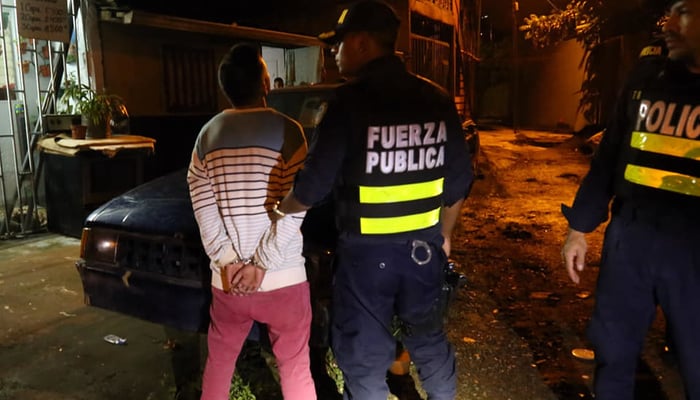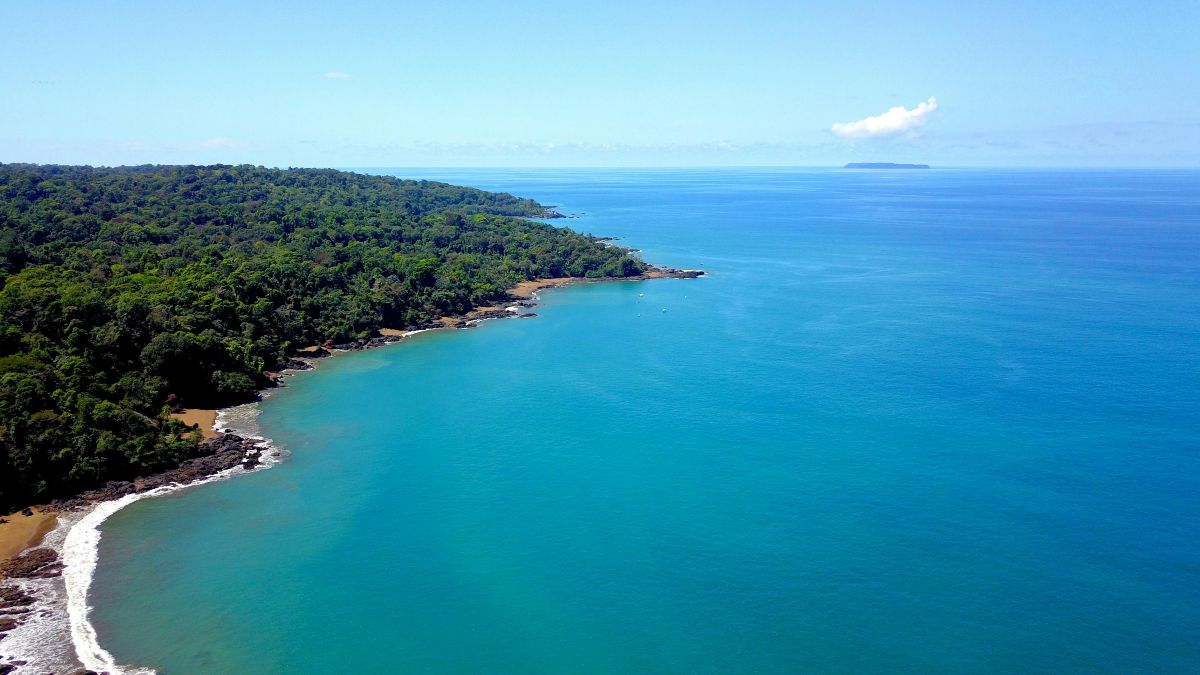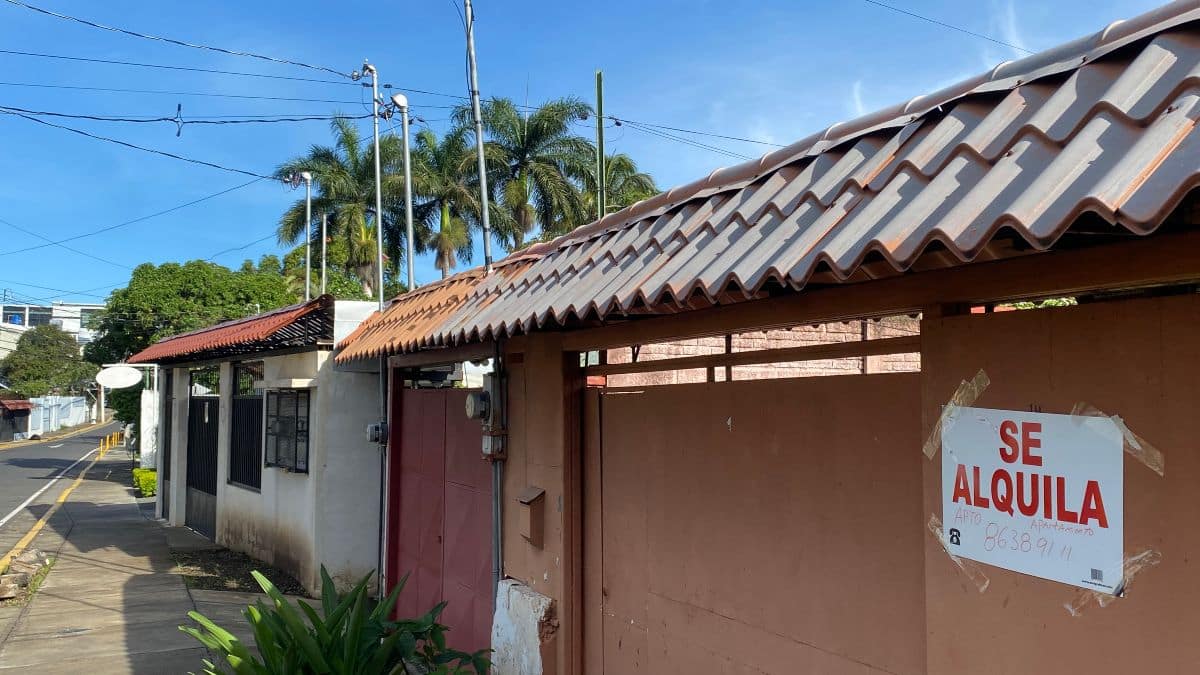Last week, the US State Department downgraded Costa Rica from Level 1 to Level 2 on its Travel Advisory. A country with a Level 1 clearance means you should exercise normal caution – the same caution as at home, for example – while traveling within its borders. A Level 2 country means you should “exercise increased caution”. The State Department gave crime as the reason for this downgrade. Here, we’ll try to answer if Costa Rica is safe and if this downgrade is fair.
The safety question is one we get all the time about this part of the world. Not surprising, seeing as Central America is synonymous with crime, civil war, poverty, conflict, narco-trafficking, gang violence, and so on.
We all watch and read the news and we could all be forgiven for thinking this isthmus is hell on earth.
But the reality is that bad news sells better than good news. All the time. Human beings, on the whole, have a cup-half-empty outlook on life. We watch the news and most of what we remember is the bad stuff. It’s how we roll as a species.
So when we see people concerned about whether Costa Rica is safe or not, we understand. And the US State Department’s move to downgrade Costa Rica to Level 2 on its Travel Advisory won’t help matters at all.
So let’s try to clear things up, with some personal perspective mixed with facts.
I’ve been living in Costa Rica for 20 years now. That’s almost half my life and that still amazes me. I came here in my 20s from England and during that time I guess I could say I’ve seen it all. Or a lot, anyway.
Danger and violence exist in Costa Rica. I’ve been mugged and assaulted here. I’ve seen guns pulled and I’ve seen people stabbed. No-one in their right mind leaves anything in their car in Costa Rica. All those big gates and bars you see on windows are there for a reason. I’ve heard dark stories about happenings here from both Costa Rican and foreign friends. I’m sure I’ve told some dark stories myself. I have a few.
Back in the early noughties, I used to walk late at night from downtown San Jose to San Pedro where I lived at the time. No one in their right mind would do that nowadays. Things have changed.
I’d never heard of home-invasions before I arrived here. Now I know numerous people who’ve experienced this terror right here in Costa Rica.
There’s a massive, growing gap between the haves and have-nots in Costa Rica. The homicide rate has been increasing year on year pretty much every year since I’ve lived here (although we’ve seen it decrease in both 2018 and 2019, a positive sign of things to come, I hope). The Costa Rican authorities say there’s not a single beach in the country that has not been used by drug traffickers.
Gang violence and drugs are a growing problem.
It’s said the cartels moving drugs up from South America to Mexico started paying Costa Rican gangs facilitating this in cocaine rather than cash, thus creating a local market and all the trouble and desperation that comes from that.
The legal and judicial systems in Costa Rica are broken, with most crimes going unreported, and many reported crimes going unsolved. Perps are rarely convicted and criminals rarely end up in jail.
In short, Costa Rica is no paradise and it’s foolhardy to pretend it is.
Think of Costa Rica as the safest neighborhood in a rough city. It might be a safer part of the city but it’s still part of the city. (If you don’t like metaphors, the city is Central America and the neighborhood is Costa Rica.)
Coming from the UK, I have to admit that Central America – including Costa Rica – is on a different planet, safety-wise.
I mean, look at the stats. Costa Rica’s 2019 homicide rate is 11.2 per 100,000 compared with the UK’s 0.97 per 100,000. The WHO (World Health Organization) considers any homicide rate over 10.0 “endemic”. No-one has bars on their windows in the UK or lives behind big gates with guards. Not normal people, anyway. And the rest of Europe is more or less on par with the UK.
So, yes, to say that Costa Rica is more dangerous than the UK is fair. But then the United States is also more dangerous than the UK. And the UK is more dangerous than Andorra.
Talking of the United States, that country’s homicide rate at last count (2018) was 5.3 per 100,000. About half that of Costa Rica’s.
This is why, upon reflection, the State Department downgraded Costa Rica. And I get it, especially when you consider the two US tourists murdered in Costa Rica over the last year.
Putting homicide aside, by far the biggest crime that tourists face in this country is theft. To deny that it’s a problem is folly. Theft – not violent robbery, but pilfering – is rampant and after 20 years it can get you down when you can’t leave your flip flops and towel on the sand when you take a dip in the ocean. Better not take them at all.
But is that a reason to downgrade Costa Rica to a Level 2? I think it is.
I still love this “city”. And I wouldn’t change living in this “neighborhood” for anything in the world. I also have some dark stories about the UK. And the United States. And Greece (of all countries). And a few other places I’ve hung out in over the years.
Most of the crazy stuff I’ve seen and experienced in Costa Rica happened when I was young and crazy and hanging out in places I had no business hanging out in. There is nothing unique about anything that goes down in Costa Rica that doesn’t happen elsewhere. Inequality affects most countries.
Costa Rica doesn’t have a problem with terrorism as we do in Europe or with mass shootings like in the United States. Horses for courses.
And even with the tragedies of the murdered tourists, which no one should sugarcoat in any way, it’s worth remembering that most tourists in Costa Rica DON’T get murdered. Over the past 20 years I’ve been here I can count tourist homicides on one hand.
Also, the Costa Rican Foreign Ministry, in protesting the State Department downgrade, says that less than 0.05% of tourists reported any incidents of theft last year (although a cynic might say there’s no point in reporting petty theft in this country).
But the point remains that the vast majority of tourists here – the overwhelming majority of them – have a great time with zero issues. And the vast, overwhelming majority of crime victims in Costa Rica are locals in poor areas. Unless they’re looking for it, tourists don’t even see this side of things, let alone experience it.
Their pura vida remains intact, and for them, the question of is Costa Rica safe or not is not an issue in any way.
Despite that, I think this downgrade is fair, but that it shouldn’t affect anyone’s decision to visit Costa Rica in any way. After all, Mexico is also Level 2 and receives more American tourists than Costa Rica ever will.
It’s unfortunate we’re no longer a Level 1 country here in Costa Rica, and we don’t know how this will affect tourism. But the truth is if this downgrade means that Costa Rica starts taking crime and security more seriously – not only for tourists – but for the poorer victims, then it’ll be worth it.
It’s also worth remembering that being a Level 2 country isn’t the end of the world. France is the most visited country in the world by tourists, and it’s been Level 2 since April 2019. Spain, the second-most visited country is also Level 2. China and Italy are both Level 2. So is my home country of the UK.
In fact, France, Spain, China, and Italy are four of the top five most visited countries in the world for tourists. They are all Level 2 designated countries so Costa Rica has nothing to fear with this.
Maybe it’s more about pride than real economic danger. Could it be that the authorities are more worried about their image and how things look?
In the meantime, if we can start to tackle crime in Costa Rica in a serious way, then we can get back to Level 1. Perhaps this downgrade might be the kick in the backside we need and we really can become the Switzerland of Central America instead of pretending to be.
James Dyde is the editor of CentralAmerica.com. He lives in Escazu, Costa Rica.




